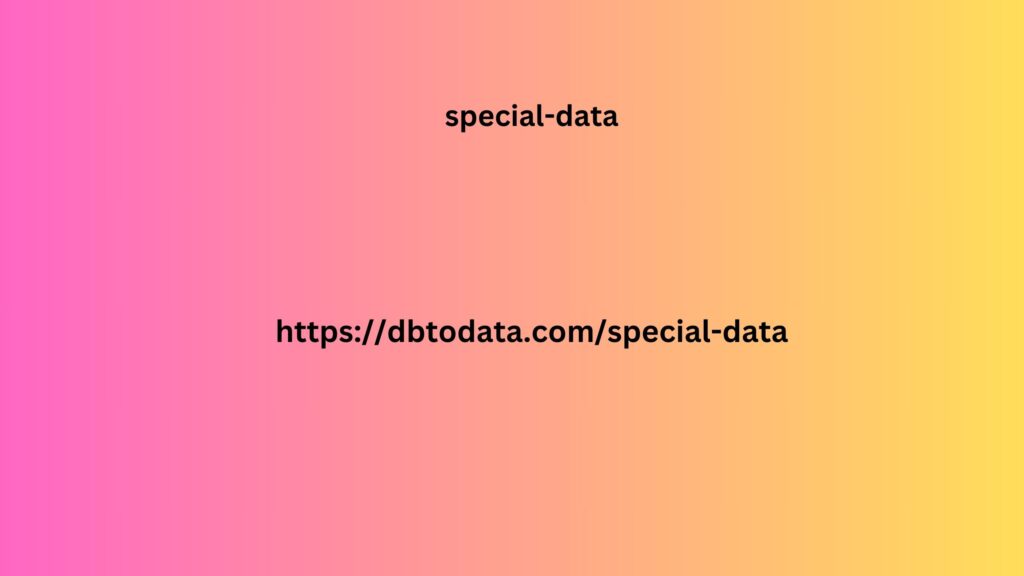25 views per property; however, in GA4, you can only use one and there is no option to create any additional reporting views. Tracking IDs The tracking ID that was used in Universal Analytics to set up any type of tracking via Google Tag Manager (GTM) has now been replaced by a measurement ID. These two IDs are not the same as each other.
Measurement IDs identify data streams
which are the flow of data from customer bc data china touchpoints to GA4 analytics. Data streams can come from a website, or a mobile application and you can send data from up to 50 data streams into one GA4 property to consolidate your data. There are many differences between Universal Analytics and GA4, and there are probably many more to appear thanks to the enhanced capabilities of GA4.
It is important to understand
and get to grips to the new changes that are being made to analytics with GA4, especially since there is no alternative to use after July 2023. Therefore, if you already have existing properties in Universal Analytics, you should start considering migrating into GA4 sooner rather than later. If you would like advice on the new changes being made to analytics with GA4 or any more advice on technical SEO, our experts are always happy to help!As a confirmed Google ranking factor, title tags are an important part of any SEO strategy, not only for this reason, but also because these tags are providing crucial page context for users and search engines which impacts click through rate and social sharing.
A title tag is supposed to be an
accurate representation of your page’s content and that’s why SEOs spend time carefully crafting title tags for Google, using long established best practices, that are relevant to your pages and will help you rank highly at the same time. However, thanks to Google’s title tag update, it seems that they are rewriting more and more titles and using new title tag best practices.
Google’s goal from this new
change is to provide users with the best contextual title tags for the page that they be clicking on and therefore if the search engine feels that your title tag does not effectively do this then it will change it. So, is all your work for nothing? No, not quite yet. While this may be frustrating for specialists who spend time writing title tags on google as part of their on-page SEO strategies, there is still a possibility that your title will be used as is.
There are certain factors that increase
the probability of Google. Using the title tag you provided, so these have now. Become the new title tag best practices. However, these are not a total your parameter collection allows guarantee as Google can sometimes make. Cvhanges from a single word to a total rework. Here are some of the ways you can reduce the. Chance of having. Your Google title tag edited. Avoid. Overly long or short titles
On the other hand, if it is too long
then Google will replace it with their own version. Therefore, the ideal length to keep between seems to be 51 – 60 characters (including spaces material data and any punctuation). Brackets, Parentheses and Title Separators If you. Are frequently using . Brackets and parentheses in your title tag. Writing, then you. Are far more likely to have it .Replaced by Google’s own version. .

